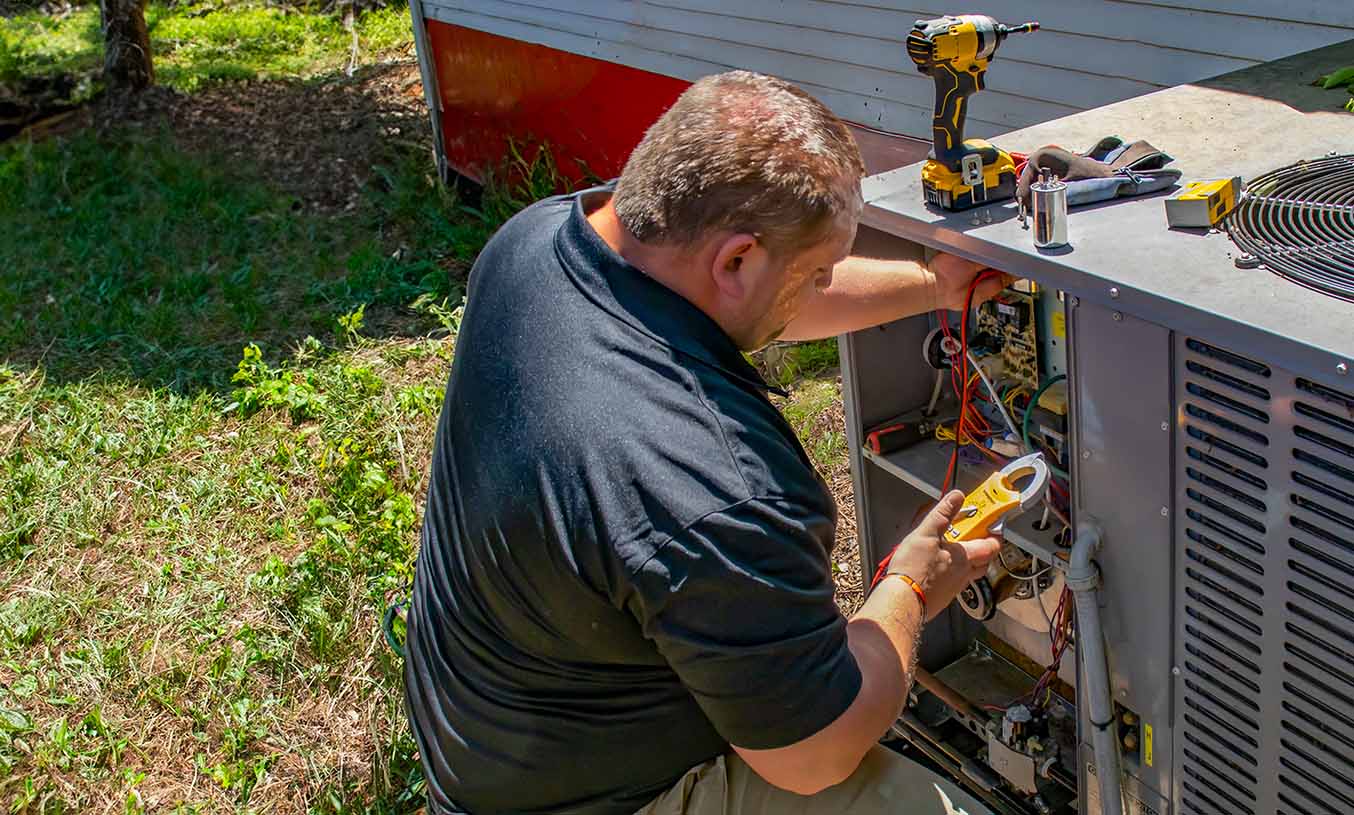- HEP
- Customer Satisfaction

 Customer Satisfaction
Customer Satisfaction
Customer Satisfaction | Air Conditioning | Heating and Air Conditioning | Charleston
Charleston summers are meant for strolls along the Battery, not sweating through the night. When the heat and humidity rise, HEP’s customer-focused team arrives fast, tools in hand, to restore cool comfort with reliable air conditioning solutions. From precision diagnostics to full system replacements, we balance cutting-edge tech with old-fashioned courtesy, making sure every home feels like a coastal breeze—no matter how high the temperature climbs outside.
Our certified technicians back every visit with a 100% satisfaction promise, transparent pricing, and round-the-clock availability. Whether you need a seasonal tune-up, an energy-efficient upgrade, or emergency service after hours, we treat your home as our own, leaving it cleaner than we found it. Discover why Charleston families trust HEP for air conditioning that works flawlessly today and saves money for years to come.
FAQs
How often should my air conditioner be serviced in Charleston’s hot, humid climate?
Because Charleston experiences long cooling seasons and high humidity, we recommend professional maintenance twice a year—once in early spring before peak heat and again in late summer or early fall. Regular tune-ups include coil cleaning, refrigerant level checks, electrical inspections, and drain-line flushing, which together help prevent mold growth, salt-air corrosion, and sudden breakdowns while keeping your energy bills in check.
What size air conditioner do I need for my Charleston home?
Sizing depends on square footage, insulation quality, window count, sun exposure, and local humidity levels. As a rough guide, a well-insulated 2,000-sq-ft Charleston home typically needs a 3- to 3.5-ton system, but coastal humidity often calls for slightly higher capacity or a unit with enhanced moisture control. A Manual J load calculation performed by our technicians ensures your new system is neither undersized (leading to poor comfort) nor oversized (causing short cycling and high humidity).
Should I repair or replace my older AC unit?
Consider replacement when your system is 10–15 years old, uses R-22 refrigerant, needs repairs that exceed 50% of replacement cost, or struggles to maintain set temperatures. New ENERGY STAR models are up to 40% more efficient and include variable-speed compressors that excel at humidity removal—an important benefit for Charleston’s muggy summers. We offer free estimates and financing to help you weigh costs and long-term savings.
How can I reduce indoor humidity and improve air quality?
1) Install a high-efficiency AC with a variable-speed blower that runs longer at lower speeds, pulling more moisture from the air. 2) Add a whole-house dehumidifier set between 45–55% relative humidity. 3) Replace filters every 30–60 days and consider MERV-11 or higher filters for better allergen capture. 4) Have your ductwork inspected for leaks that draw humid attic or crawl-space air indoors. 5) Use kitchen and bath exhaust fans to vent moisture at the source.
Are there energy rebates or tax incentives for high-efficiency AC installations in Charleston?
Yes. South Carolina utilities such as Dominion Energy and Santee Cooper usually offer $200–$700 rebates for replacing a SEER 14 or lower unit with a SEER2 16 or higher model. Federal tax credits under the Inflation Reduction Act provide up to 30% of costs (max $600) for central AC and up to $2,000 for heat pumps meeting ENERGY STAR CEE Tier 2 levels. Our team handles all paperwork and will confirm current promotions before installation.
Why is my AC running but not cooling my home effectively?
Common Charleston-area causes include: 1) Clogged outdoor coils from salt-laden air; 2) Low refrigerant due to leaks aggravated by corrosion; 3) Restricted airflow from dirty filters or collapsed ductwork; 4) Frozen indoor coils caused by low airflow or refrigerant; 5) Thermostat miscalibration in humid conditions. Turn the system off to prevent damage, replace the filter, and check the outdoor unit for debris. If the problem persists, schedule a diagnostic visit so we can locate leaks, clean coils, or recalibrate controls.